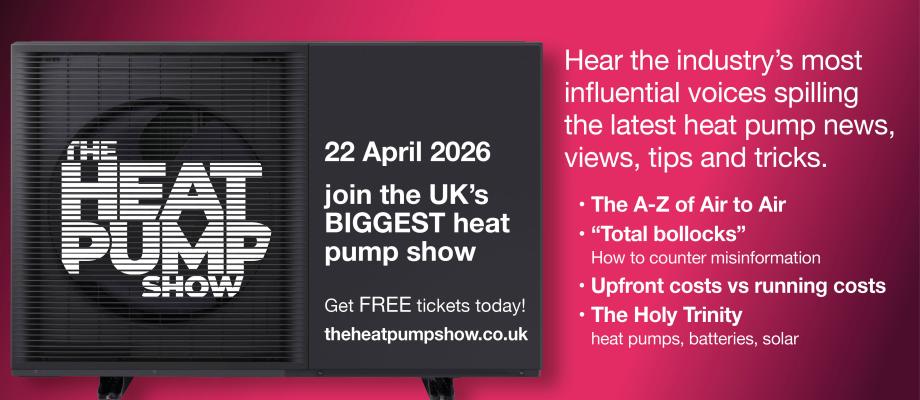Every year many of us in the H&V industry spend much of our time, and not an inconsiderable amount of our budgets, attending award ceremonies. Then we moan about it… unless we win. So why do we keep entering? Terri Taylor, Marketing Communications Manager, Intergas, believes that awards are good, but some are better than others.
The Academy Awards, more commonly known as the Oscars, were first held in 1929. Over the next few decades just a nomination, let alone a win, could make a critical difference to a studio’s bottom line, and that’s still true today. Just. The landscape’s changing thanks to the exceptional output of streaming services like Netflix and Amazon and the competition’s never been tougher. If you work in building services you’ll know all about tough competition, the unrelenting struggle to close the deal, win the tender, renew the contract. And winning awards plays its part too – it provides reassurance to others that you excel in a particular area, and that could make a vital difference when all other elements are equal. To win, you must demonstrate that your actions deliver a positive benefit to your customers, the built environment, climate change, the way things are done.
But entering awards eats up time; you’ve got to write the nomination and gather all the evidence, and there are so many, how do you know which ones to enter? At the back of my mind, when I’m deciding which awards to support, I think of Which? Magazine. It conducts rigorous, evidence-based, independent research that results in a league table of the good, the bad and the ‘don’t buy’. There are no award ceremonies to attend, in fact it costs manufacturers nothing to be included in the research, because they’re not asked, they can exert no influence, it’s the opinions of consumers and engineers that matter. And the league table is what many of us scrutinise before we buy a new gadget, appliance, insurance policy; it provides that reassurance (again) that a specific product or service delivers exactly what it’s supposed to. And every manufacturer in the UK wants to receive the ‘best buy’ accolade; even if you’re not a ‘best buy’, the information provided is a helpful guide to the pros and cons.
At the moment there are no comparable business-to-business ‘awards’ that measure one campaign’s efficacy, versus another’s, so we continue to enter the awards we know, feel familiar with, gives us a good night out, then wince at the total cost once we’d added it all up. None of this sounds like a good reason to spend money at any time, let alone now, does it? At Intergas we decided, going forward, that we needed to be more circumspect in our choices and to support awards where there’s a definite end benefit for the end user, where it’s clearly a force for social good.
For us, what matters the most is climate change. All boiler manufacturers are under pressure to develop products that will produce less pollution, and there cannot be one of us who is not looking to create alliances with organisations to promote a cleaner environment, which is why we endorse the work of the National Energy Efficiency Awards. As the name states, energy efficiency is at its heart, and these awards recognise excellence in helping homeowners reduce their energy bills, in tackling fuel poverty and in reducing carbon emissions.
We recently entered one of our clients, United Welsh, for an Energy Efficiency award, and were shortlisted. We’ve been collaborating with them on a two-year smart home pilot scheme supporting people with learning disabilities. Together we’ve been helping tenants understand fuel efficiency and encouraging best practices, to reduce their monthly outgoings, potentially increasing their disposable income and ensuring they sustain their tenancies. The ultimate aim is to have a positive influence on tenants’ welfare and health.
We wanted to win, and maybe when the two years are up, we will. But this is only one entry out of many that were outstanding in their vision to move forward, while helping those less able to do so on their own. We were delighted to be shortlisted. Yes, there was an awards ceremony, but at only £100 a head, we felt it was a price worth paying.
Visit the Intergas website here
- Log in to post comments















